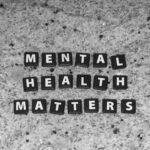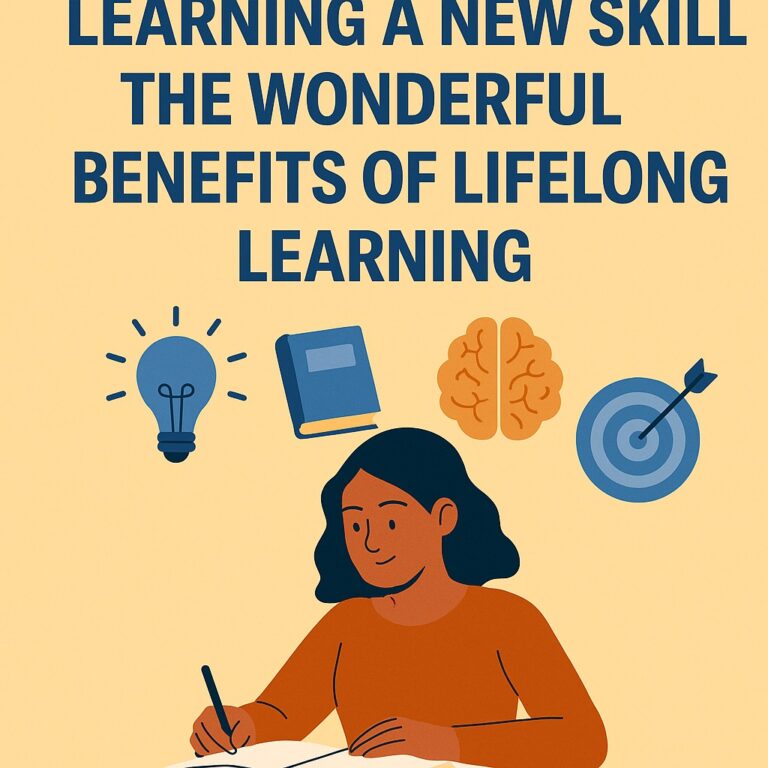
Disclaimer: This article provides general information and is not a substitute for professional medical or mental health advice. If you are experiencing severe stress or mental health concerns, please consult a qualified healthcare provider.
1. Introduction: Understanding the Silent Burden of Stress
Stress is now a common companion in modern life, whether it arises from work, relationships, finances, or global issues. Chronic stress can impact sleep, digestion, immunity, and emotional well-being. Recognizing and managing stress proactively is key to long-term health.
This guide shares 10 actionable, research-backed methods to help you reduce stress, improve mental clarity, and achieve better emotional balance day by day.
2. 10 Effective Ways to Reduce Stress in Your Daily Life
2.1. Practice Mindfulness and Meditation
- What it is: Training your mind to remain present and aware without judgment.
- How it helps: Supports emotional regulation and lowers cortisol (stress hormone).
- Tip: Start with 5-minute sessions using apps like Calm, Headspace, or Insight Timer.
2.2. Engage in Regular Physical Activity
- What it is: Aerobic and strength-based exercises that boost endorphins.
- How it helps: Enhances mood, improves sleep quality, and builds mental resilience.
- Tip: Brisk walking, dancing, swimming, or home workouts are great starters.
2.3. Prioritize Quality Sleep
- What it is: Getting 7–9 hours of consistent, uninterrupted rest.
- How it helps: Sleep strengthens emotional coping abilities and reduces irritability.
- Tip: Avoid caffeine after 3 PM, limit screens 1 hour before bed, and maintain a wind-down routine.
2.4. Maintain a Balanced Diet
- What it is: Consuming a diet rich in vegetables, fruits, proteins, and whole grains.
- How it helps: Regulates blood sugar, supports energy, and stabilizes mood.
- Tip: Include omega-3s (from walnuts or flaxseeds) and magnesium-rich foods like spinach.
2.5. Connect with Others
- What it is: Meaningful relationships and conversations with friends or family.
- How it helps: Reduces feelings of loneliness and releases oxytocin, a calming hormone.
- Tip: Set aside regular catch-up calls or join supportive online/offline communities.
2.6. Set Realistic Goals and Learn to Say No
- What it is: Preventing overcommitment and recognizing personal limits.
- How it helps: Keeps burnout at bay and improves productivity through clarity.
- Tip: Use SMART goals (Specific, Measurable, Achievable, Relevant, Time-bound).
2.7. Practice Time Management
- What it is: Organizing tasks for efficiency and peace of mind.
- How it helps: Builds structure, minimizes last-minute chaos, and reduces stress triggers.
- Tip: Try the Pomodoro Technique (25 mins work, 5 mins break) or Eisenhower Matrix.
2.8. Engage in Hobbies and Creative Outlets
- What it is: Non-work activities that stimulate joy and personal fulfillment.
- How it helps: Provides a mental reset and supports cognitive flexibility.
- Tip: Painting, gardening, journaling, music, or learning a new instrument.
2.9. Limit Exposure to News and Social Media
- What it is: Digital boundaries to protect emotional energy.
- How it helps: Prevents information overload and negative emotional spirals.
- Tip: Schedule social media time, unfollow toxic accounts, and use news aggregators mindfully.
2.10. Seek Professional Help
- What it is: Therapy, counseling, or mental health support when needed.
- How it helps: Offers structured tools, coping mechanisms, and long-term solutions.
- Tip: In the US, try NAMI.org or BetterHelp. In the UK, consider NHS mental health services or Mind.org.uk.
3. Conclusion: Building a Resilient You
Stress isn’t entirely avoidable, but it is manageable. Incorporating a combination of these 10 techniques can empower you to take control of your emotional health, navigate challenges more effectively, and prevent long-term burnout.
Each small step — whether it’s a walk, a breathing exercise, or saying “no” — contributes to a stronger, more peaceful version of you. Be kind to yourself and commit to a sustainable stress-reduction journey.
Which of these strategies do you already use? Let us know in the comments!
Sources:
- [1] American Psychological Association
- [2] Mayo Clinic
- [3] National Sleep Foundation
- [4] Harvard Health Publishing
- [5] CDC
- [6] NCCIH
- [7] Mind UK and NAMI US
Related Reads: Mastering the Skill of Lifelong Learning | The Art of Digital Detox: Reclaiming Focus

Sandeep Jadhav is a self-taught sustainability writer and the founder of Pulsewire.in. He shares insights on upcycled product manufacturing, green entrepreneurship, and eco-friendly business models. Though not formally certified, his work is backed by deep research and a strong passion for promoting climate-positive innovation.









